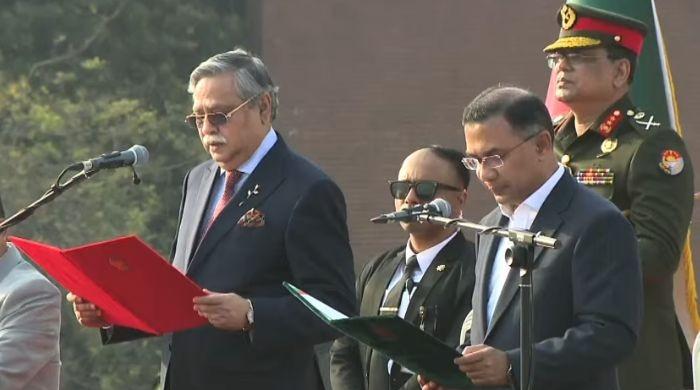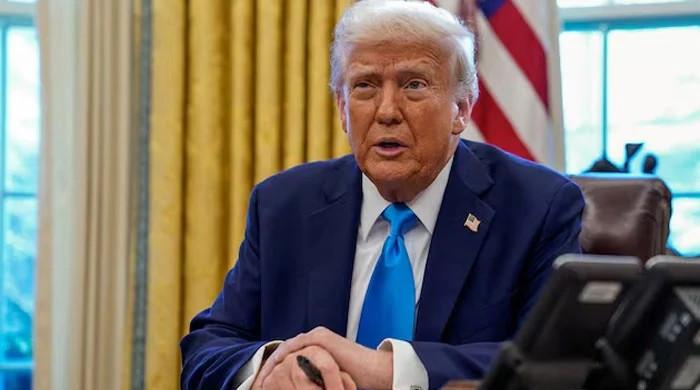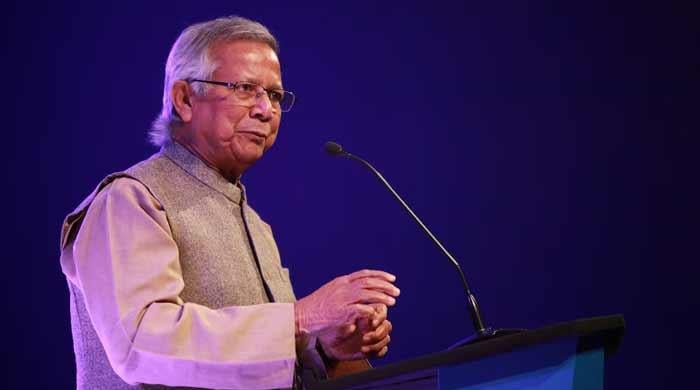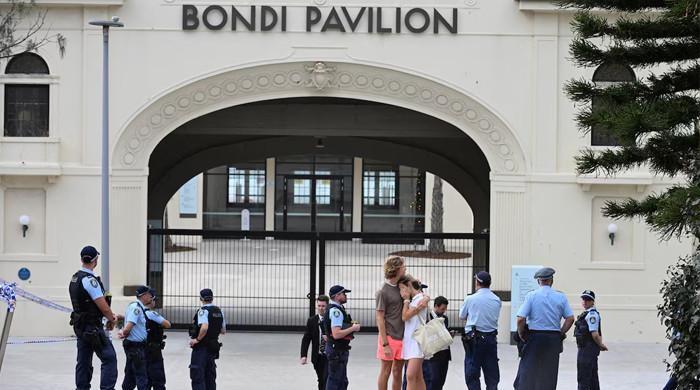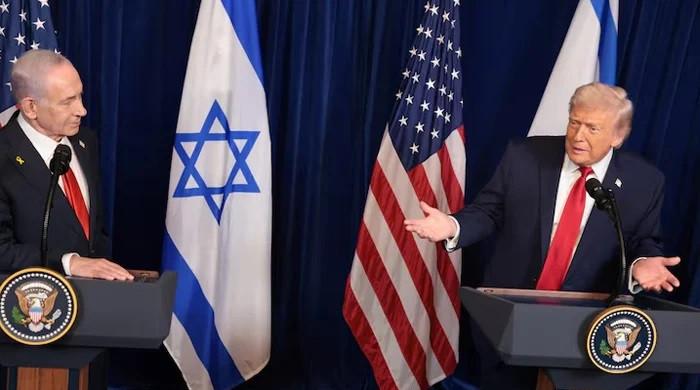Hamas considers Israeli captives as potential bargaining chips for prisoner release
Hamas leader conveyed that group possesses means to free all Palestinians incarcerated in Israeli jails
October 17, 2023
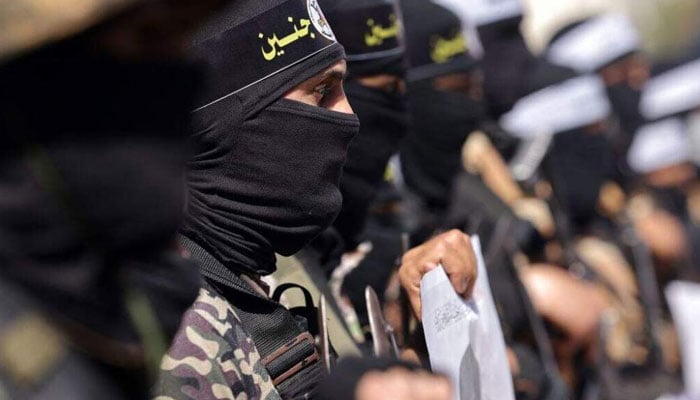
Hamas, the Palestinian resistance group, has indicated its readiness to use Israeli captives, kidnapped during an attack on southern Israeli areas, as leverage to secure the release of Palestinian prisoners held in Israeli jails.
Hamas, which has long demanded the release of around 6,000 Palestinians detained in Israeli prisons, made this statement through its leader, Khaled Meshaal.
Meshaal conveyed that the group possesses the means to free all Palestinians incarcerated in Israeli jails.
The recent incident involved Hamas militants rampaging through southern Israeli communities and military bases, leading to over 1,300 casualties. Israel's military states that Hamas is currently holding 199 hostages in Gaza, while Hamas claims the number is between 200 and 250.
In 2011, Israel carried out a controversial exchange, releasing hundreds of Palestinian prisoners in exchange for one Israeli soldier, Gilad Shalit, who had been held for five years. However, a similar exchange in the current situation, with numerous captives involved, appears highly challenging.
Israel, which has responded with airstrikes in Gaza resulting in hundreds of Palestinian casualties, has vowed to free the hostages while also targeting Hamas.
The hostages in question include individuals from various countries, including Thailand and Germany. Other nations have reported their citizens as missing, and there are also Israelis with dual nationality from countries such as the UK and the US believed to be among the kidnapped.
Hamas' armed wing, in a video message, referred to the non-Israeli captives as "guests" and stated they would be released when circumstances permit. However, no further details were provided.
Another senior Hamas official, Moussa Abu Marzouk, mentioned that the release of foreign prisoners is complicated due to the ongoing Israeli airstrikes in the Gaza Strip.
The situation remains tense and sensitive, with international attention focused on the potential exchange of captives and the broader conflict between Hamas and Israel.




